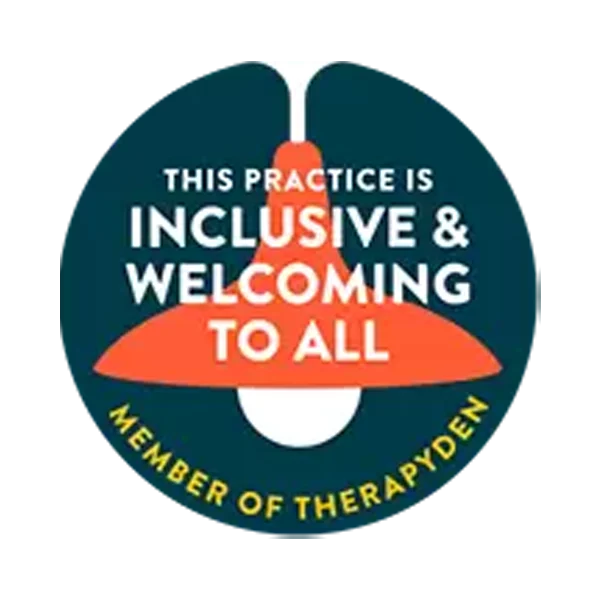Early on in relationships, many couples find that their desire for sex is similar, if not matching. As the relationship develops, many factors contribute to a gap developing between how frequently each partner wants sex. Couples come to sex therapy to learn strategies for living with this gap and to prevent it from becoming a point of conflict. Here are 4 strategies for coping with desire discrepancy:
1. Accept that it doesn’t mean there is anything wrong.
A lot of times people make faulty assumptions that a difference in sexual desire, especially if it didn’t exist early on in the relationship, means there is something wrong with the relationship. This simply is not true! Desire and arousal are complex. Many factors increase and decrease our desire and arousal, but they don’t mean there is anything wrong. Come to terms with the idea that it’s okay and NORMAL for there to be differences between each other.
2. Develop ways to talk about it in a compassionate and patient manner, so it’s not combative, blaming or accusatory.
There is no “right” level of sexual desire. From none, to a little, to a lot, our desire for sex varies. If we can stay in a compassionate frame of mind when discussing it with our partner, this will help prevent it from being something you fight about. If talking about your physical relationship has become fraught with conflict, hurt feelings, rejection, or resentment, let’s correct course by trying new communication methods and healing past hurts.
3. Identify action steps to bridge the gap and find areas of interest that overlap.
Instead of focusing on areas that you don’t match in interest or desire, look at where your turn ons overlap. What have been historically activities, settings or mindsets that have contributed to great sex between you and your partner(s)? Now find ways to bring those activities, settings and mindsets into your lives. Do you need to get a babysitter, so you can just focus on the two of you? What about the need to get away, maybe plan a staycation (yes, book a hotel for a night in your town!)? Focus on the need to work on better “self care” so you can show up to your relationship energized and present.
4. Understand that desire and arousal isn’t always spontaneous, but instead responsive to an arousing environment.
For the lower desire partner, what this means is that you cannot expect your desire for sex to increase without doing anything to increase it! Are you fantasizing or looking forward to pleasurable physical contact, and engaging in activities that make you feel sexy? Or are you focusing on all your responsibilities, stressors and that never ending To-Do List? If so, of course, you are not interested in sex! For the higher-desire partner, if your arousal is spontaneous, understand that your partner may not function that way and that’s okay!
There are other ways that we can work together to bridge the gap in desire discrepancy, contact me today or click here to book an appointment!














